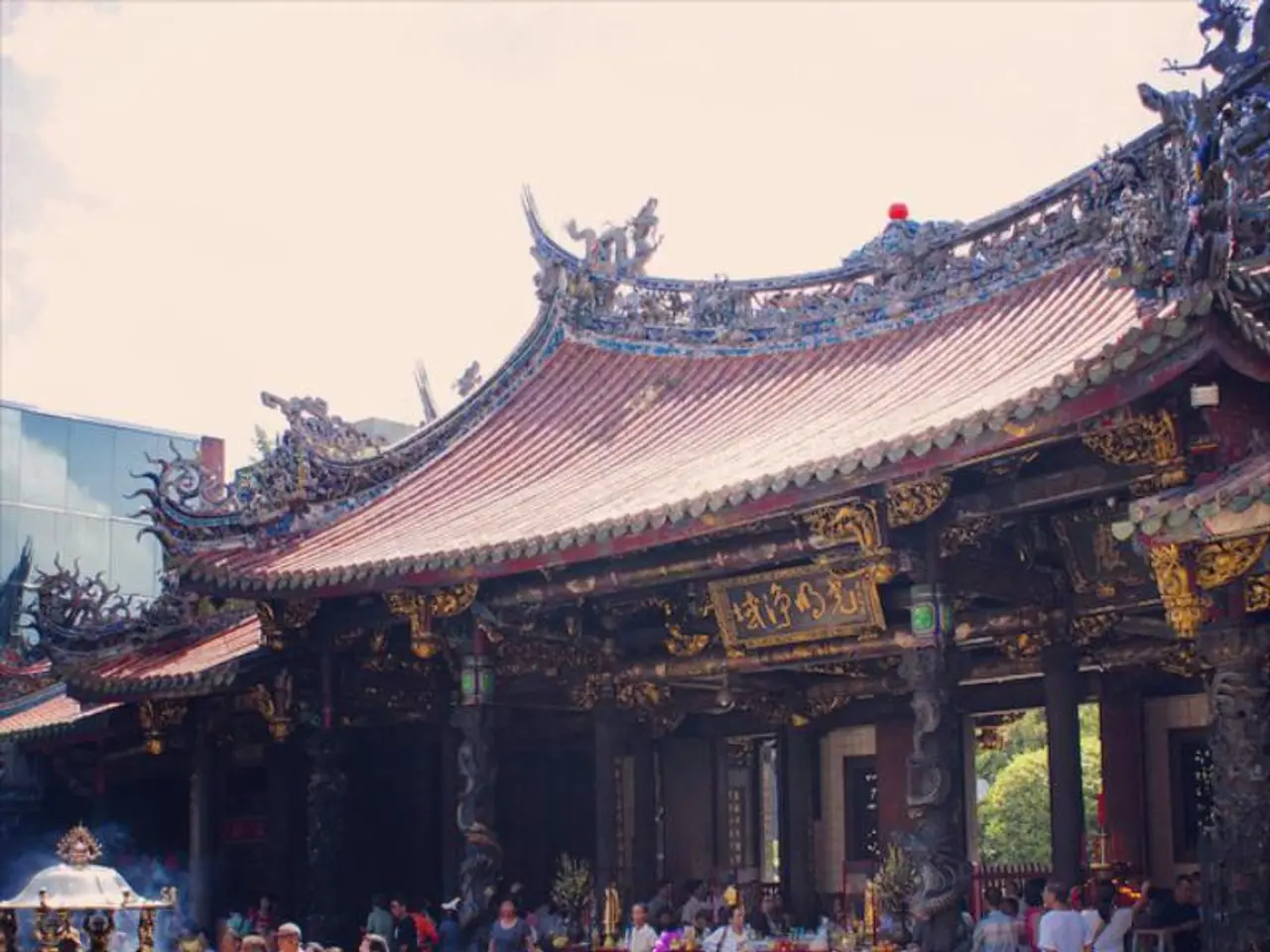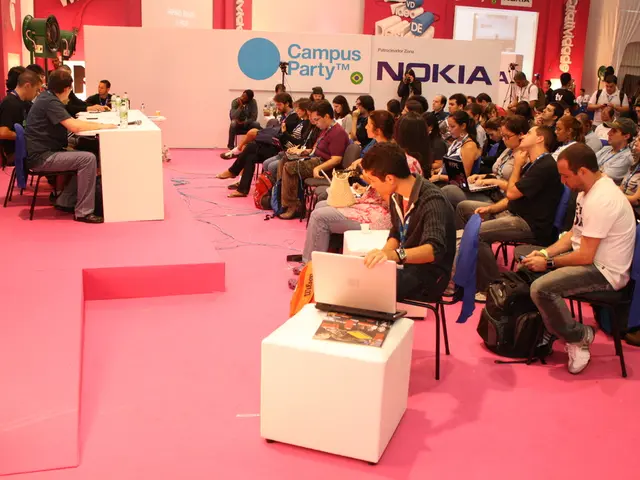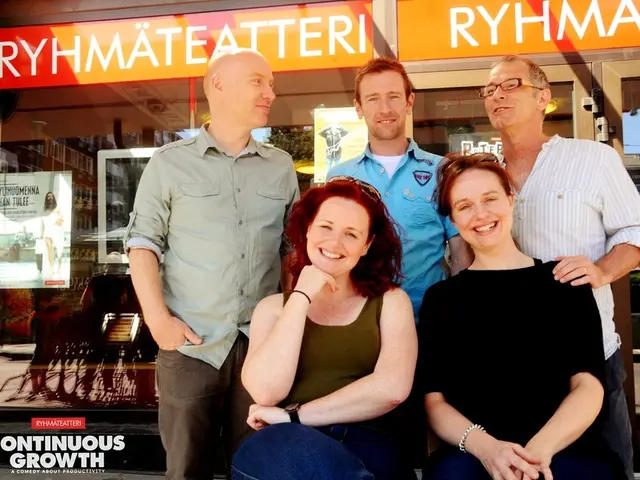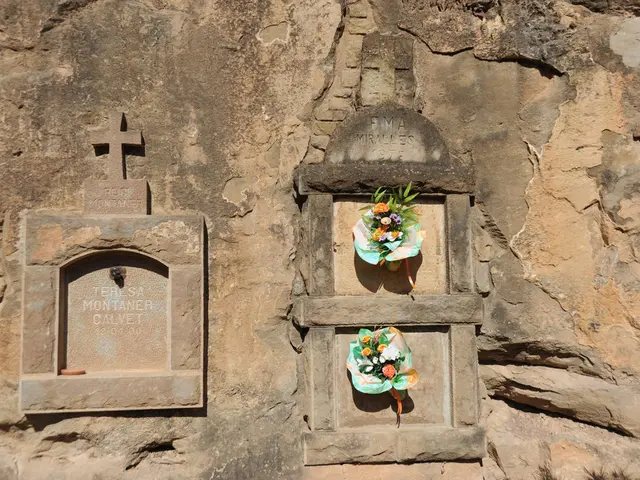Protests Arise Against Japan-themed Festivities as Liberation Day Approaches
Controversy Surrounds Japanese-Themed Festival Ahead of Korea's Liberation Day
As Korea prepares to commemorate the 80th anniversary of its liberation from Japanese colonial rule, a Japanese-themed summer festival at Nijimori Studio in Dongducheon, Gyeonggi Province, has sparked controversy. The festival, running from July 26 to August 1, includes events on Liberation Day (August 15), Korea’s National Liberation Day, which commemorates independence from Japanese colonial rule in 1945.
The festival features traditional Japanese cultural events such as samurai battle performances, carrying a mikoshi (portable shrine), and kimono/cosplay contests. However, many Koreans view this as insensitive and disrespectful, given the painful history of Japanese colonial rule over Korea.
Liberation Day is a major national holiday dedicated to celebrating Korea's independence from Japan. Hosting a festive event themed around Japanese culture contradicts the historic significance and public sentiment tied to the day. Veterans' groups and patriotic organisations especially criticised the event as inappropriate, fearing it could revive memories of Japanese imperialism.
On social media, many expressed disappointment and discomfort that the festival coincides with this solemn day. Some argued that celebrating Japanese traditions on Liberation Day is culturally tone-deaf and offensive to Koreans.
The controversy is fundamentally about the clash between the historical memory and national pride associated with Korea’s Liberation Day and the appropriation of a Japanese cultural festival on that same date, which many view as deeply disrespectful to Korean history and feelings.
The controversy over the kimono contest and samurai duel performance on National Liberation Day at Nijimori Studio persists. Even as the festival continues, critics like Seo Kyung-duk, a professor at Sungshin Women's University in Seoul and an activist on South Korean sovereignty issues, continue to speak out against such events on this important day.
Meanwhile, the professional baseball team LG Twins initially planned to invite characters from the Japanese anime Demon Slayer to their game, but ultimately cancelled the plan amid public criticism. The pattern on the main character's earrings has drawn backlash for resembling the Rising Sun flag, a symbol linked to Japanese militarism.
Despite the controversy, some argue that historical issues and cultural consumption should be seen separately. Others believe that cultural exchange should be rejected due to a country's past wrongdoings. A Facebook user wrote that if cultural exchange is rejected due to a country's past wrongdoings, the purpose of diplomacy becomes questionable.
The theme park at Nijimori Studio is introducing programs to mark National Liberation Day, including a celebratory message reading and a lantern-floating event. However, these gestures may not be enough to appease critics who see the festival as a direct affront to Korea's national identity and historical memory.
As the debate continues, it remains to be seen how this controversy will be resolved and whether similar events will be held in the future.
Read also:
- Today's most impactful photographic moments
- Support for Eric Adams in The Post's Letters to the Editor on August 13, 2025
- Roosting Shark and Rambunctious Red Squirrels: Unconventional House Rental in Yorkshire Involving Aquatic Marvel, Squirrely Mayhem, and Mystical Planning Regulations
- Love, Work, and Friendship Harmonies between Aries Signs







